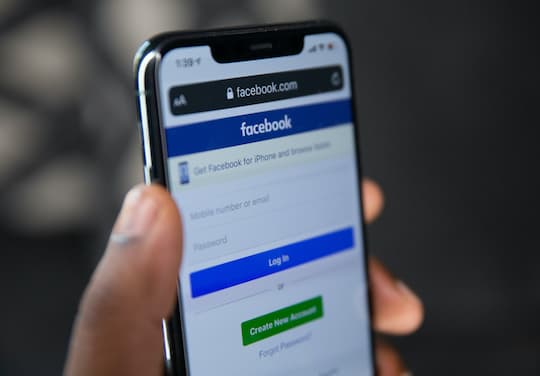“61% of current Facebook users reported having taken a Facebook vacation”
Giving up Facebook for 5 days is linked to lower levels of the ‘stress hormone’ cortisol, research finds.
This suggests there could be benefits in taking a ‘Facebook holiday’.
That wouldn’t be unusual among Facebook users, according to research quoted by the authors:
“61% of current Facebook users reported having taken a “Facebook vacation,” in which they voluntarily stopped using Facebook for several weeks or more.
Moreover, 20% of adults reported once using Facebook but no longer did so.
Excessive use of Facebook appears to be too much of a good thing.”
The study included 138 active Facebook users.
Almost half were randomly told to quit for five days, while the rest carried on using it as normal.
The researchers measured their cortisol levels, loneliness, life satisfaction, mood and stress.
After the five days, the people who quit Facebook had lower levels of the stress hormone cortisol.
The study’s authors explain the results:
“Relative to those in the Facebook Normal condition, those in the No Facebook condition experienced lower levels of cortisol and life satisfaction.
Our results suggest that the typical Facebook user may occasionally find the large amount of social information available taxing, and Facebook vacations could ameliorate this stress — at least in the short-term.”
However, Facebook quitters also saw a drop in their life satisfaction.
People reported being happy when the study was over so they could get back to Facebook.
This suggests that while Facebook can be stressful, people are deriving pleasure from it.
The study’s authors conclude:
…these effects are consistent with the general ambivalent feelings that may typify most active users about Facebook.
It has become an essential social tool for millions of users and it obviously provides many benefits.
Yet, perhaps because it conveys so much social information about a large network of people, it can also be taxing, which is why the occasional Facebook break may happen naturally.
The study was published in the Journal of Social Psychology (Vanman et al., 2018).

